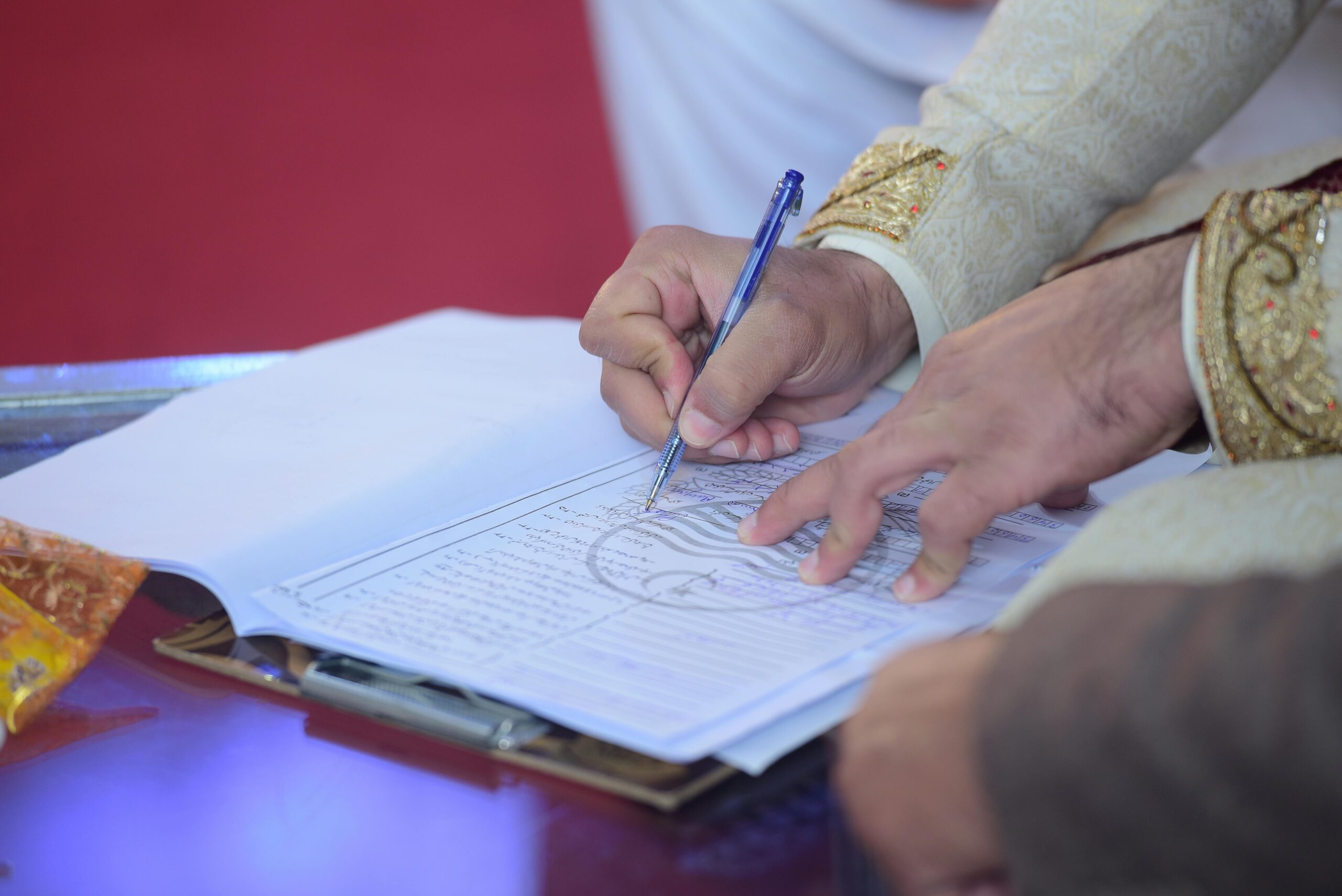Quebec’s Court of Appeal recently found that a man listed as the father of a toddler in Quebec will remain listed on his birth certificate, despite objections of another man who was found to the child’s biological father.
What Happened?
This legal issued stemmed from a love triangle in a small Quebec town (no details or names are provided in the decision to protect the child involved). Two men claimed paternity of the three-year-old child. Under current Quebec law, a child may only have two legal parents.
The mother of the child in question was in a relationship with the man listed as the father (listed father) while having an affair with the biological father (biological father) while out of town for work. She got pregnant and gave birth in the spring of 2015.
The listed father cared for the child as a father since the child’s birth and was publicly introduced and acknowledged as such for almost two years. The day after the birth, the biological dad was summoned by the mother to secretly visit the child in the hospital. He eventually learned that the child was his biological son about four months after the child was born. After this, he began to gradually take on partial care of the boy when his mother had custody, without the knowledge of the other man, and without telling anyone other than immediate family for more than 18 months.
In the meantime, the mother’s affair was discovered a few months after the child’s birth, and she and the listed father broke up in August 2015, agreeing to share custody of the child.
Approximately 22 months after the birth of the child, the listed father found out that he was not the child’s biological dad. Despite this news, he continued to consider the child to be his son.
At that point, the other man filed an application claiming paternity.
The original trial judge found that both men could claim that they possessed status with respect to the child, however, the child’s “act of birth” (and the fact that the listed father was listed as the father) had to take precedence.
The Law
According to art. 530 of the Civil Code of Quebec, a father cannot claim paternity if more than 16 to 24 months have gone by following the birth of a child, where evidence establishes that a child is treated and raised as a child by two parents. Treatment of the child, and reputation of the parents are essential criteria in establishing filiation.
The Court of Appeal
Majority Ruling
In a split ruling (2-1), two Quebec Court of Appeal judges maintained the lower court ruling that the listed father should be legally recognized as his father. In their view, parentage must be based on the person who behaved as parent, rather than a traditional biological definition.
Writing for the majority, Justice Simon Ruel wrote:
The preservation of the stability of the family environment and, above all, of children are at stake…[t]his model is obviously not without its flaws, but it provides a clear and objective basis for resolving conflicts of parentage.
Justice Ruel went on to note that the listed man was known to everyone as the child’s birth father, the child has his last name, and there had been an uninterrupted parental lineage for 22 months before the legal proceedings began. In contrast, the biological father was not able to establish the same link.
This is a case where the law does not offer a satisfactory solution to the very particular situation experienced by the parties, which may have repercussions on the child…[t]he law allows for the recognition of a legal father for the child, thus offering the child a stability in his filiation.
Justice Ruel noted that it would be difficult to dismiss the biological father completely from the boy’s life, given the boys established relationship with him and his family but noted that the listed father had told the court that he is open to maintaining “reasonable access” to the biological father and did not want his son torn from an important figure in his life.
Dissenting Ruling
Justice Julie Dutil, the third judge on the panel, dissented, finding that the blood ties of the biological father should be recognized and would have allowed his request to be recognized as the father/have his name put on the birth certificate. Justice Dutil noted:
It must be stressed that this case presents a very delicate situation: two men acted as father of a young child and acquitted themselves of their responsibility…[t]he boy was fortunate to have benefited from their good care and that of his grandparents, as the mother was not in a position to take responsibilities…[i]t is clear that the child is deeply loved by both families and this is a situation that causes many emotions, on both sides.
The challenges of functioning as a family can sometimes lead down unexpected paths. Just as no one ever expects to be in a tragic accident, no one expects to find themselves in need of a family lawyer. If and when it happens, it helps to know where to turn.
When the need for a family law lawyer arises, it’s often a deeply personal and emotional set of circumstances. Windsor family lawyer Jason P. Howie offers personal, customized services. You will be working with someone who will give your case the attention it deserves, and who is willing to put in long hours to ensure every care is taken to protect your concerns.
For questions that only a family law lawyer can answer, contact Jason P. Howie, Professional Corporation, at 519-800-1039 or contact us online. Jason has been a fixture of the family law community of Windsor and Essex County for over 25 years, and so understandably, many prospective clients come to Jason through referrals from current or past clients, and also through referrals from lawyers, accountants, medical professionals and marriage counsellors.
 ">
">


